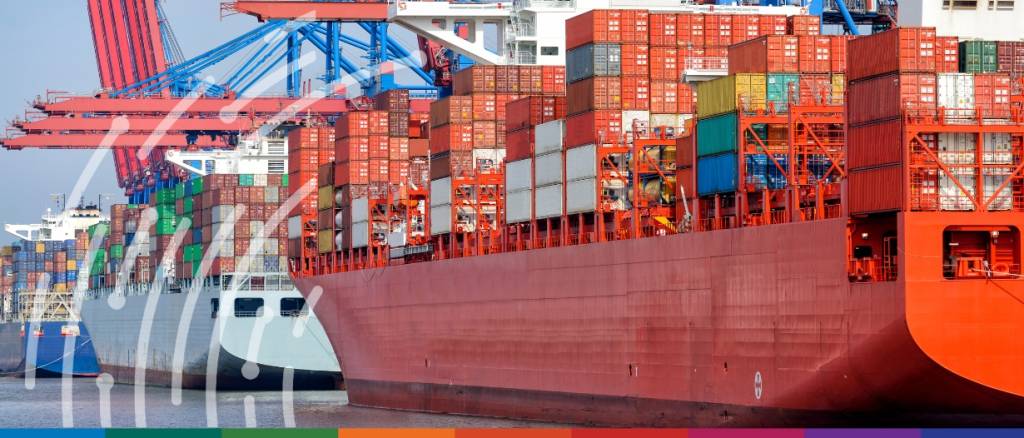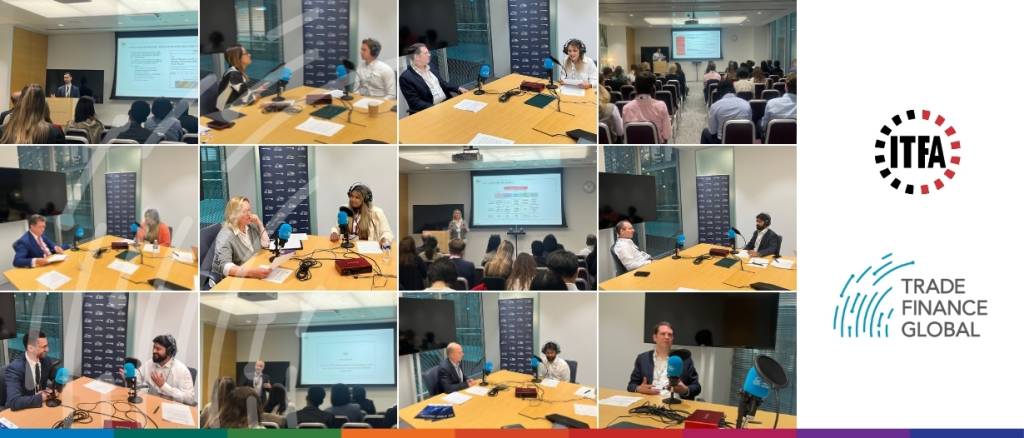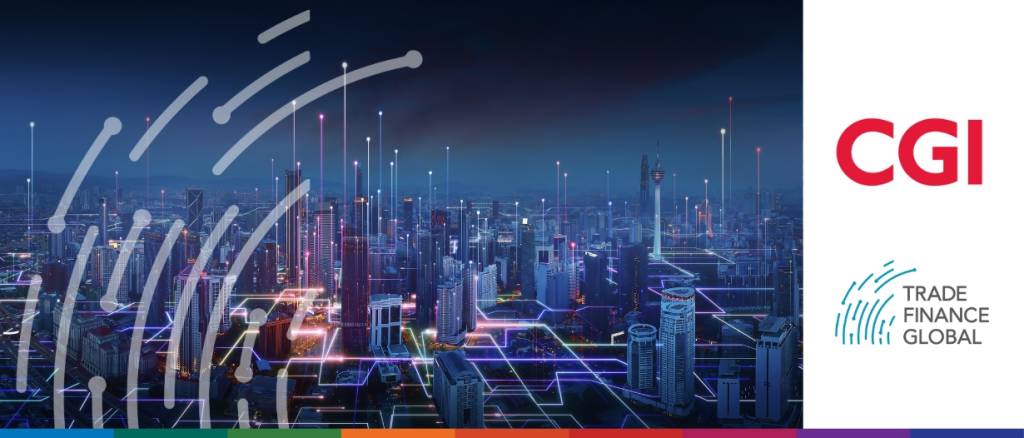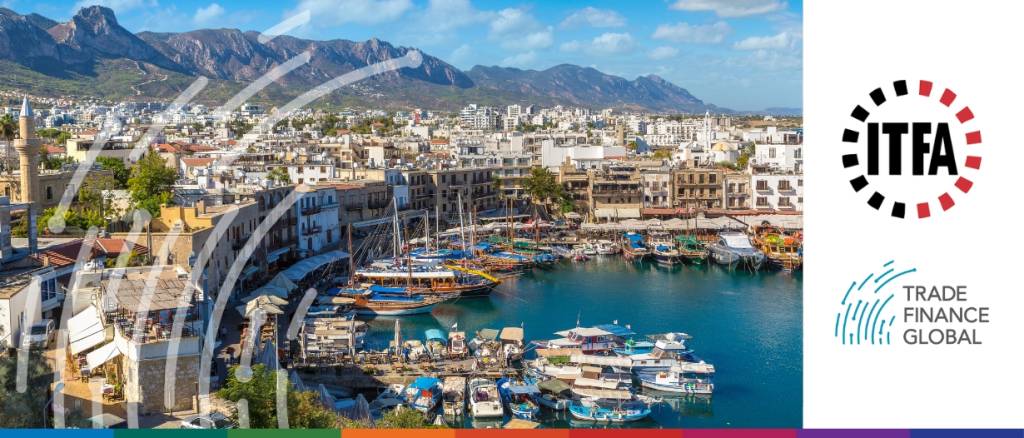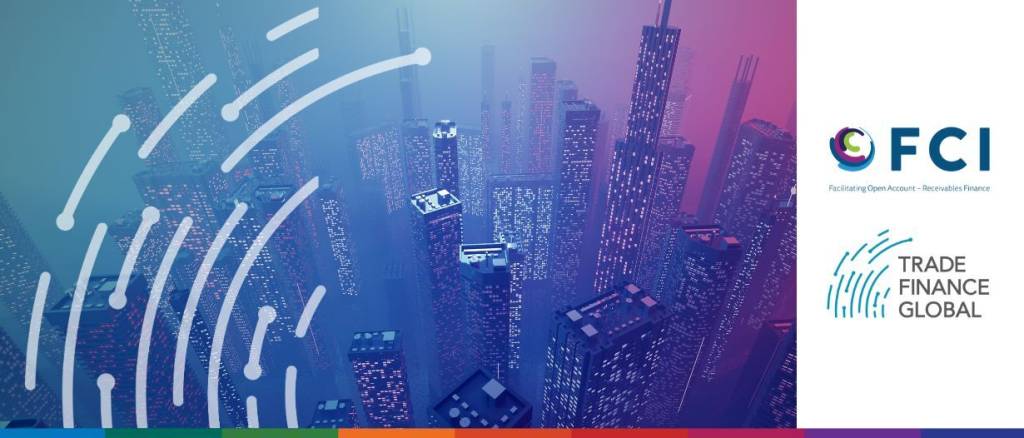As of June 2024, Houthi attacks in the Red Sea and Western Indian Ocean have escalated, with over 150 reported incidents since November 2023. These attacks have targeted both commercial and naval vessels, disrupting maritime traffic and global trade routes.
Categorising the 4 billion paper documents that are currently logjammed in paper trade is no easy feat. In April 2024, the International Chamber of Commerce’s Digital Standards Initiative (ICC DSI)… read more →
Forfaiting, insurance, digital trade documents, and ESG regulations are at the forefront of these developments, each playing a unique role in enhancing the efficiency, security, and sustainability of trade finance… read more →
The 2024 CGI and BAFT Trade Technology Survey provides insights into how financial institutions navigate these changes and plan for the future. The survey reveals the strategic priorities and challenges which banks face and offers a comprehensive view of their adaptation strategies.
On its golden jubilee, ITFA’s Annual International Trade and Forfaiting Conferences will be held from 4 to 6 September 2024 in Limassol, Cyprus.
The potential of this richly diverse region is vast, and as recent developments show, this potential is being adeptly fulfilled. As this edition will demonstrate, it is crucial to monitor trade finance developments in Africa and the Middle East, as they will likely inform the industry’s trajectory across the world.
At FCI’s 56th Annual Meeting in Seoul, a panel of experts discussed the intricate relationship between credit insurance and factoring. In this article we explore a case study representing this cooperation: Germany.
As part of a roundtable held at FCI’s 56th Annual Meeting in Seoul, TFG heard from a panel of experts, discussing the symbiotic relationship between credit insurance and factoring. In this article, we explore some of the regulatory challenges in this integration, and how partnerships between the two can help build a resilient financial ecosystem.
According to recent data from the State Administration of Foreign Exchange, the renminbi’s use in China’s cross-border transactions has hit an all-time high. In July 2024, 53% of China’s inbound and outbound transactions were conducted using the renminbi, surpassing the US dollar in China’s international receipts.
Trade Finance Global (TFG) and FCI are thrilled to launch its latest whitepaper. At FCI’s 56th Annual Meeting in Seoul, a panel of experts discussed the intricate relationship between credit insurance and factoring.















